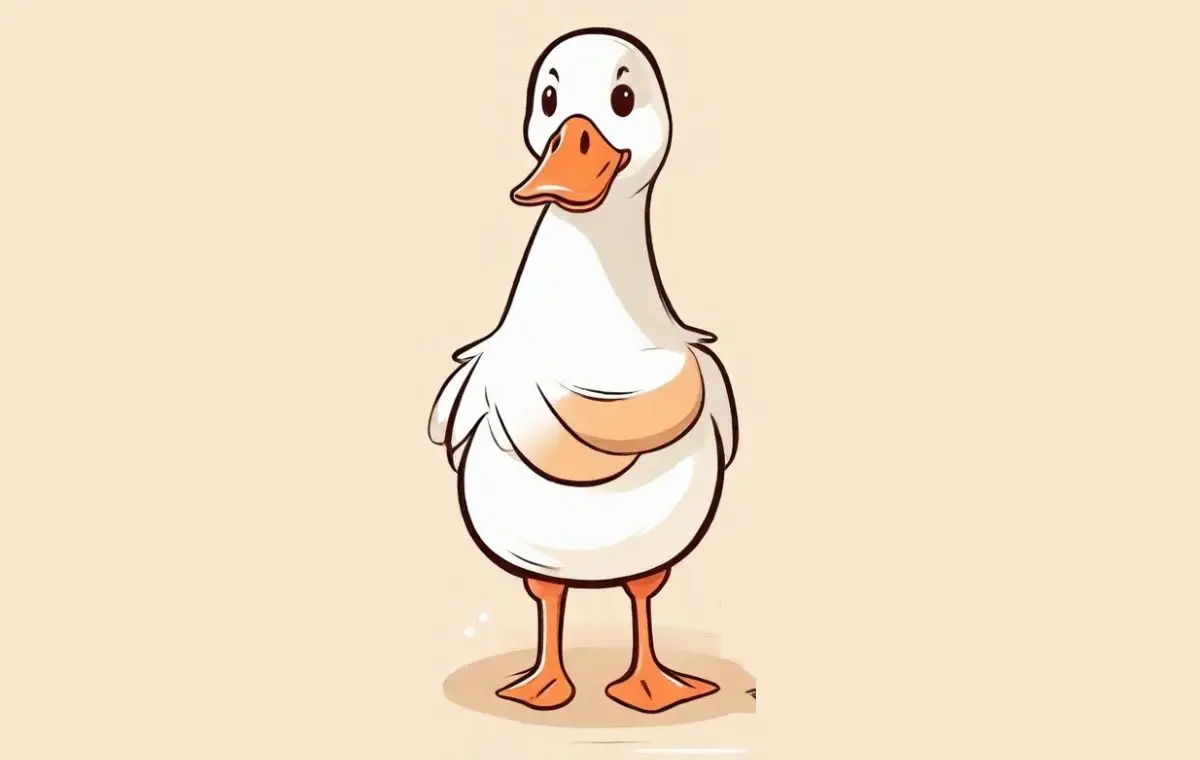Do Geese Eat Frogs?

Do geese eat frogs? The short answer is yes, geese can and do eat frogs as a part of their diverse diet. As opportunistic foragers, geese feed on a wide variety of foods, including plants, insects, and small animals such as frogs. In this article, we will delve into the nutritional content of frogs and discuss the potential benefits they can provide to geese.
Nutrients Found in Frogs
Frogs are a rich source of essential nutrients that can contribute to a balanced diet for geese. Some key nutrients found in frogs include:
- Protein: Frogs are a good source of high-quality protein, essential for the growth and maintenance of muscles and tissues.
- Minerals: Frogs contain essential minerals such as calcium, iron, and phosphorus, which contribute to healthy bones, blood, and metabolic processes.
- Fats: Although low in fat, frogs do provide some beneficial fats that support overall health.
Benefits of Frogs in Geese’s Diet
When consumed as part of a balanced diet, frogs can offer several benefits to geese. These include:
- Balanced Nutrition: The protein, minerals, and fats found in frogs can contribute to a balanced diet for geese, providing essential nutrients for their growth and overall health.
- Natural Foraging Behavior: Geese are instinctual foragers, and eating frogs supports their natural foraging habits, promoting physical and mental stimulation.
- Pest Control: As geese consume frogs, they can help control local amphibian populations, potentially reducing the number of pests in your garden or pond area.
Feeding Habits of Geese: Tips and Observations
While geese may consume frogs in the wild, it’s essential to understand their overall feeding habits and preferences. Keep these tips and observations in mind:
- Plant-Based Diet: Geese primarily feed on a plant-based diet, including grasses, seeds, and aquatic plants. Ensure that they have access to a diverse range of vegetation for optimal health.
- Supplemental Feed: In addition to foraging, geese can benefit from supplemental feed, such as pelleted waterfowl or poultry feed, to ensure they receive all necessary nutrients.
- Fresh Water: Geese require access to clean, fresh water for drinking and bathing. This not only supports their overall health but also encourages their natural foraging behavior.
- Monitor Diet and Health: Always keep an eye on your geese’s diet and overall health. If you notice any changes in their eating habits, behavior, or appearance, consult a veterinarian or avian expert for guidance.
Final Words
Geese do eat frogs as part of their diverse diet, and these amphibians can provide essential nutrients for the geese’s overall health. While frogs can be a beneficial addition to their diet, it’s important to remember that geese thrive on a primarily plant-based diet, supplemented with appropriate feed. By providing a balanced diet and a suitable environment, you can support the well-being and natural foraging habits of your geese.

